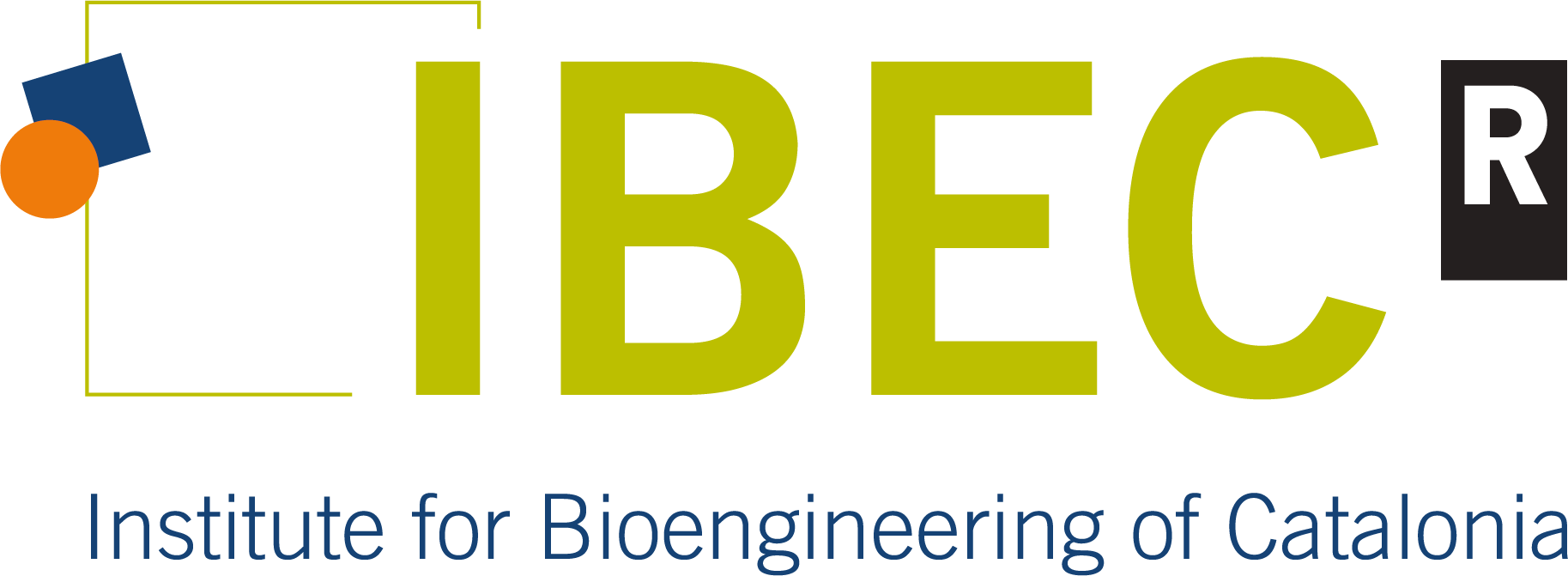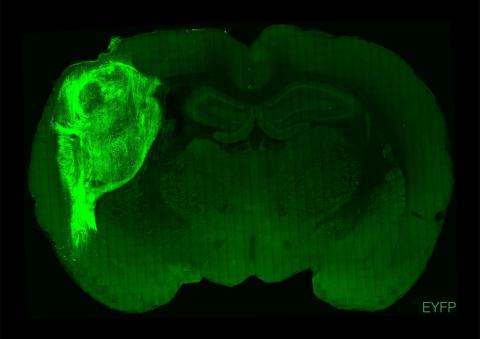
Institute for Bioengineering of Catalonia
If you are the contact person for this centre and you wish to make any changes, please contact us.
ICREA Research Professor at the Institute of Bioengineering of Catalonia
Professor in the Department of Electronics and Biomedical Engineering at the University of Barcelona and group leader at the Institute for Bioengineering of Catalonia
Head of Strategy at the Institute for Bionengineering of Catalonia (IBEC), PhD in Physics with a Master's degree in Leadership and Management of Science and more than 15 years of experience in project management and strategy development in R&D&I organisations

Funding has been one of the major obstacles to agreement at the Baku Climate Summit. More sustainable science also depends on how research is funded. It is imperative that research institutions also develop strategies to incorporate more sustainable practices and contribute to climate neutrality.

A South Korean research team has designed an artificial olfactory system capable of distinguishing short-chain fatty acids with 90 % reliability. These molecules serve as diagnostic biomarkers for diseases such as stomach cancer and halitosis, according to the authors, whose research is published in Science Advances. The system - consisting of human olfactory receptors, artificial synapses and an artificial neural network - is able to distinguish combinations of molecules, compared to current techniques that detect single molecules and single compounds.

A multidisciplinary team of researchers has succeeded in developing different types of organoids from cells obtained from amniotic fluid. According to the authors, this breakthrough could help to better understand the later stages of development during pregnancy and to advance research into congenital anomalies. The study is published in the journal Nature Medicine.

A US team has successfully integrated brain-like tissue derived from human stem cells into the brains of newborn rats. The research is published in the journal Nature.